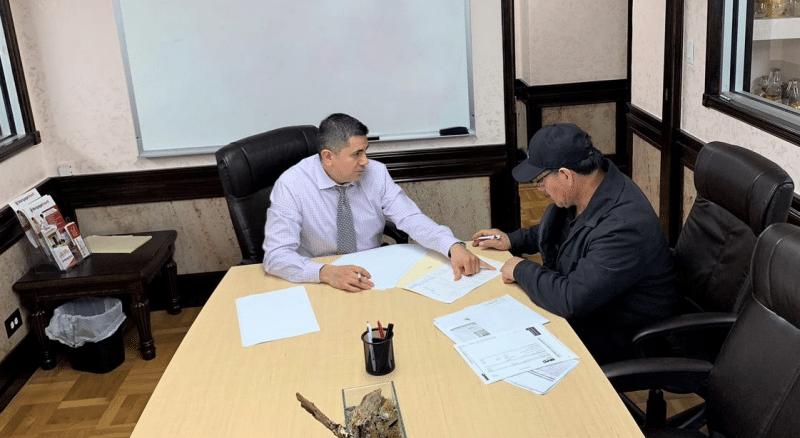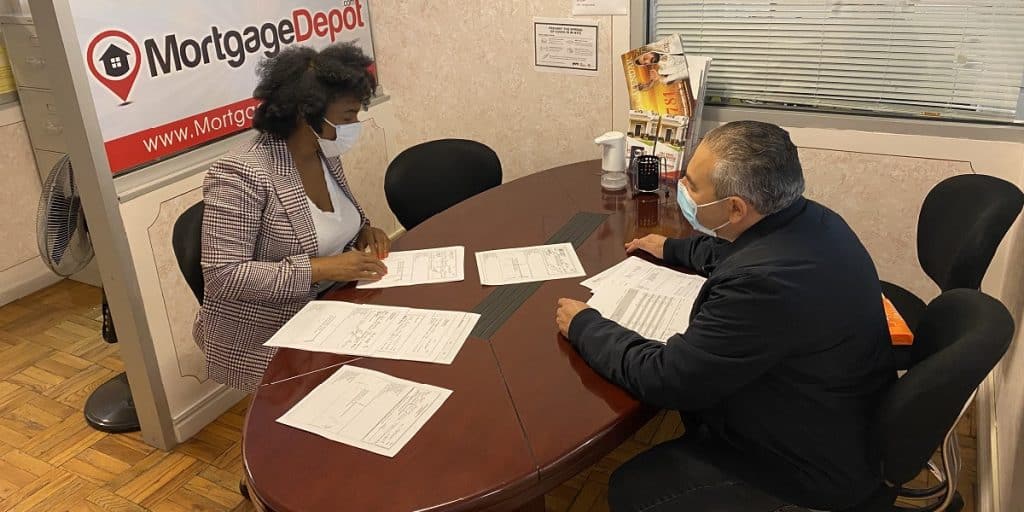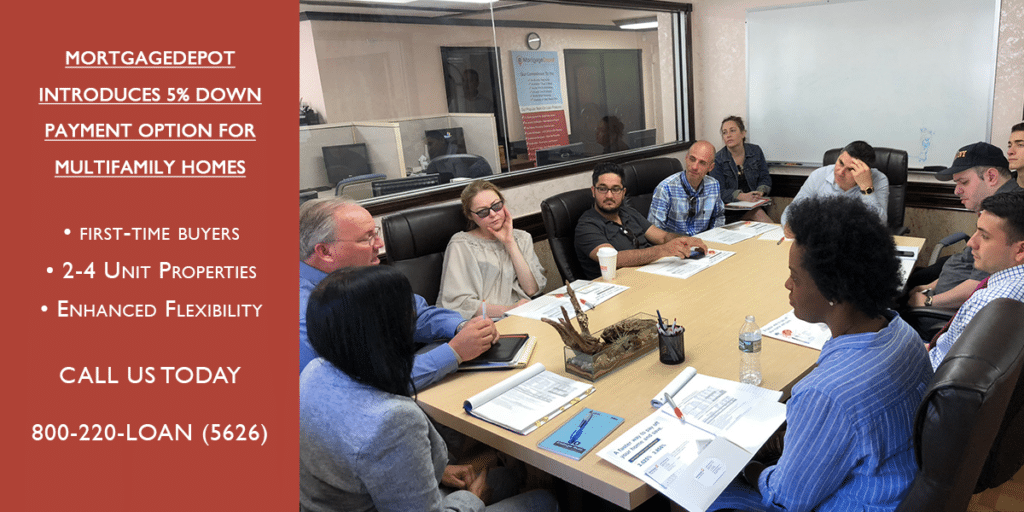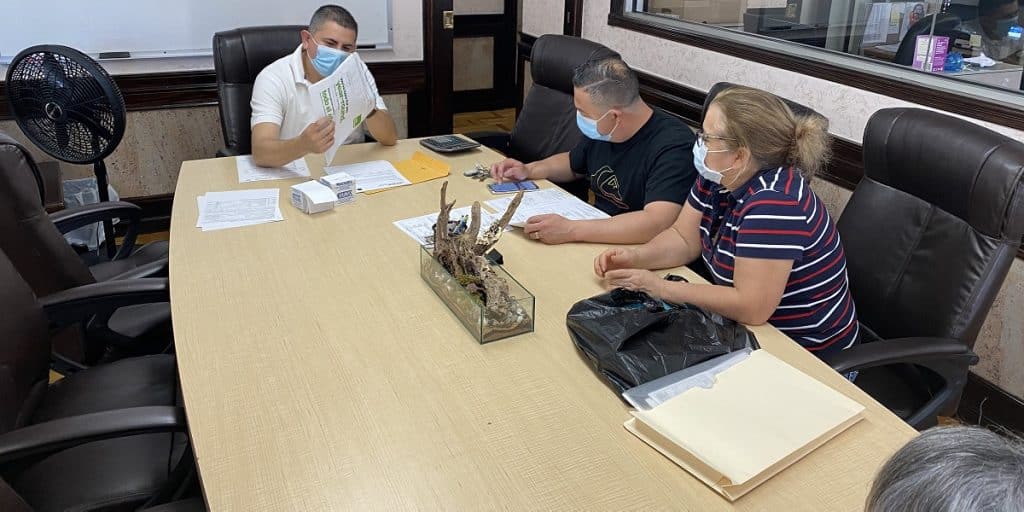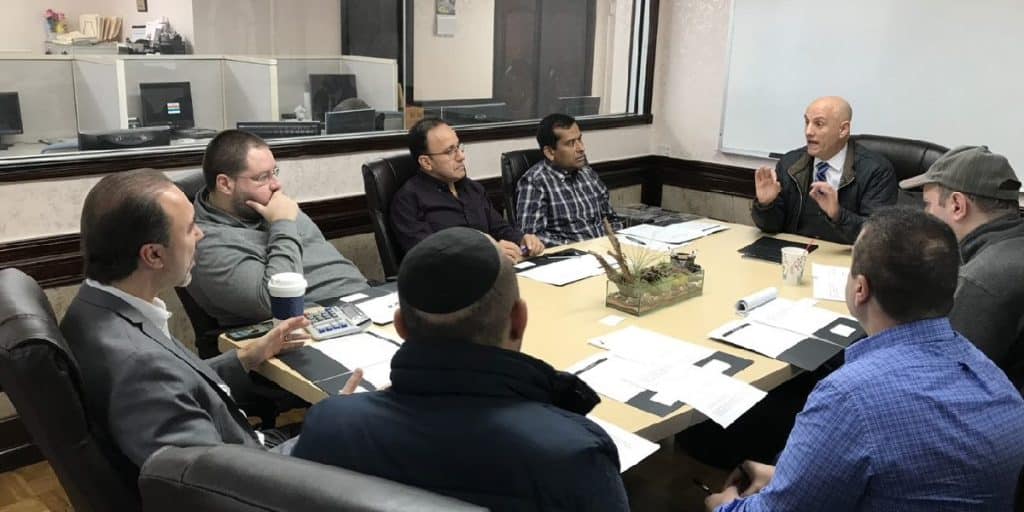
While many homebuyers focus heavily on coming up with a down payment for their next purchase, they often glance over the important matter of closing costs. The reality is that average closing costs can range from $2,000 to almost $30,000 depending on your location. Given how substantial they can be, this is understandably an essential expense that deserves your attention as you prepare to make your purchase.
Understanding Closing Costs
There are many expenses associated with the financing process, transferring the home’s ownership from one party to another and more. Closing costs is a collective term that covers everything from your lender’s various fees to property title insurance, title conveyance, prepaid property taxes, prepaid insurance, the appraisal, the property survey and more. The majority of these expenses are the buyer’s responsibility. Some sellers may agree to pay a portion of the closing costs. However, since this varies by seller, you should not count on it. In addition, seller-paid closing costs are rare in a sellers’ market. Lenders also place limits on seller concessions that are based on the buyer’s down payment amount and the loan program.
Your New Home’s Closing Costs
As a rule of thumb, use a 3-percent to 6-percent figure to estimate closing costs for your new home. This seemingly small variation can equate to a difference of thousands of dollars, so you understandably want to fine-tune that estimate before you start searching for a new home. You will find that the variation in closing costs is due to differences in property location, loan program, lender and other factors. For example, some lenders may charge up to a $500 application fee, and others may only charge $25 or $50. The appraisal fee is often based on the average cost of the service in a specific area and the size of the home.
There are other fees that are relatively uniform. For example, a courier fee for the closing documents is usually around $30, and the credit reporting fee is often $25 per applicant. Other standard fees that may only vary by loan amount and terms are the mortgage insurance premium, the loan origination fee and the daily prepaid mortgage insurance allocation.
Some fees may be at the applicant’s discretion. For example, you may choose to buy down the interest rate by paying a discount fee. This fee is usually a percentage of the loan amount, and the percentage may range from a half-percent to several percentage points.
There are a variety of other closing costs that the buyer may be responsible for. These include escrow fees, a flood certification, a homeowners’ association transfer fee, prepaid property insurance, title insurance, a rate lock fee, a recording fee, a survey fee, title search fees, a transfer tax and more.
Sellers are responsible for his or her attorney’s fees, the real estate agents’ commissions, prorated property taxes, escrow fees and a few other expenses.
Learn More Today
Are you ready to learn about the loan programs that you may qualify for and their closing costs? Our MortgageDepot lending team is standing by and can walk you through the pre-qualification process. You can count on our team to help you set up a new mortgage that works well with your budget.
Connect with one of our loan consultants to learn more.
Have questions or need help?
Call us now at 800-220-LOAN
Request a call back or email us your questions!



